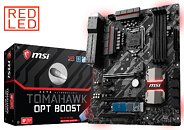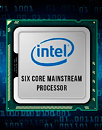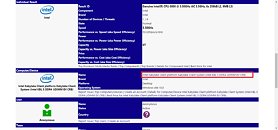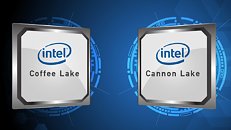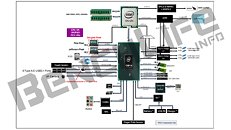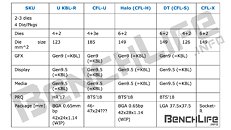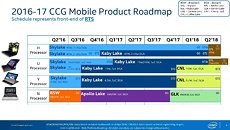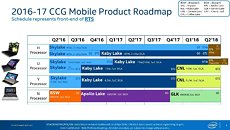
Intel Rushes in a Six-core Mainstream Desktop Processor by September
With AMD Ryzen 5 six-core and Ryzen 7 eight-core chips having blunt the edge of the $329 Core i7-7700K, the upper-end of Intel's mainstream desktop processor line-up has lost competitiveness to Intel's bean-counters. The company is readying a new mainstream-desktop platform, which in all likelihood, heralds a new socket, and the new Z370 Express chipset.
Intel plans to launch this platform by August-September (before Q4 sets in), and it has one big difference - a new six-core part, based on the 8th generation Core "Coffee Lake" silicon. Built on a refined 14 nm process, the 6-core "Coffee Lake" chip could feature its TDP rating around the 95W mark for the "K" (multiplier unlocked) part. Quad-core parts could also be carved out of this silicon, with their TDP rated at 65W for the non-K (multiplier-locked) parts. AMD Ryzen 7 1700 eight-core chip with unlocked multipler is rated at 65W. Intel will follow up on its first-wave of "Coffee Lake" chips with additional quad-core and dual-core parts in Q1-2018, besides other 300-series chipsets (likely the H370 and B350).
Intel plans to launch this platform by August-September (before Q4 sets in), and it has one big difference - a new six-core part, based on the 8th generation Core "Coffee Lake" silicon. Built on a refined 14 nm process, the 6-core "Coffee Lake" chip could feature its TDP rating around the 95W mark for the "K" (multiplier unlocked) part. Quad-core parts could also be carved out of this silicon, with their TDP rated at 65W for the non-K (multiplier-locked) parts. AMD Ryzen 7 1700 eight-core chip with unlocked multipler is rated at 65W. Intel will follow up on its first-wave of "Coffee Lake" chips with additional quad-core and dual-core parts in Q1-2018, besides other 300-series chipsets (likely the H370 and B350).

